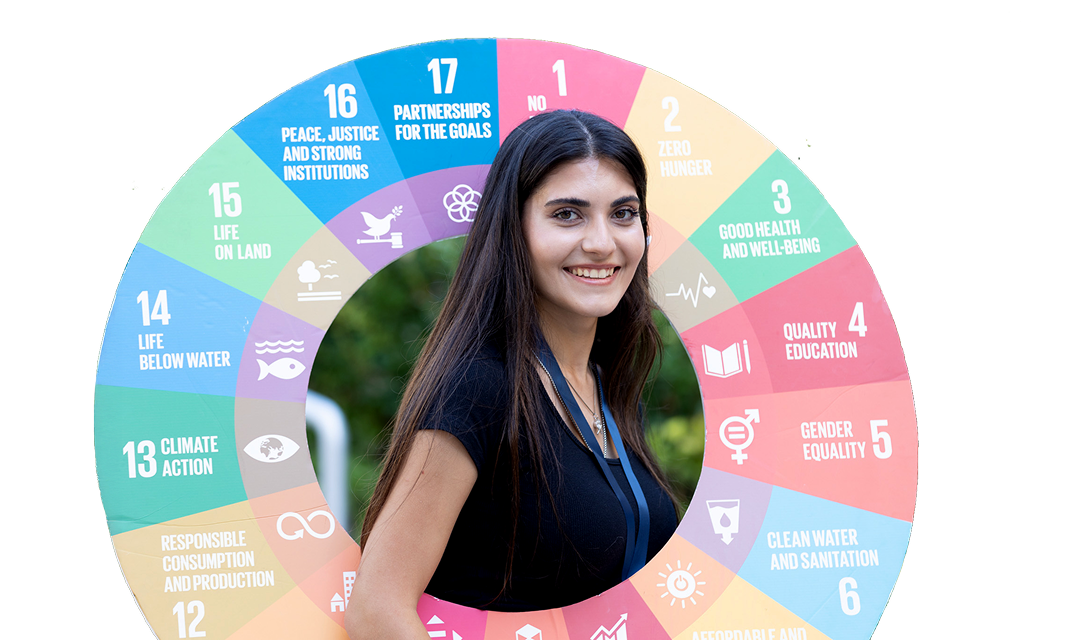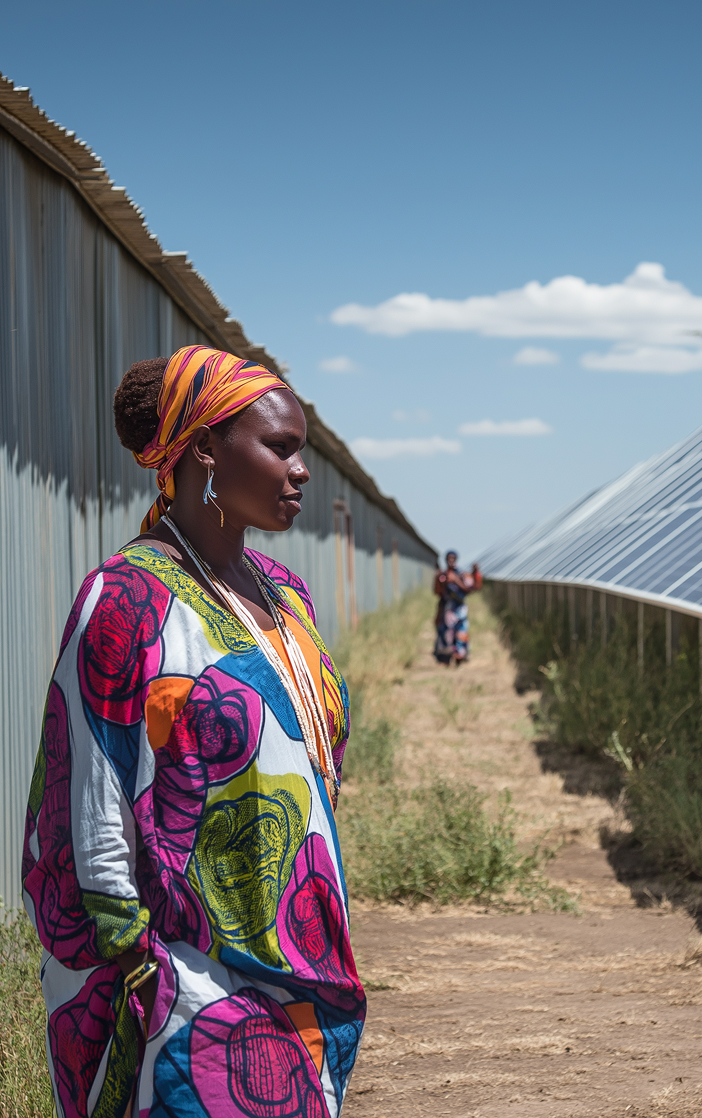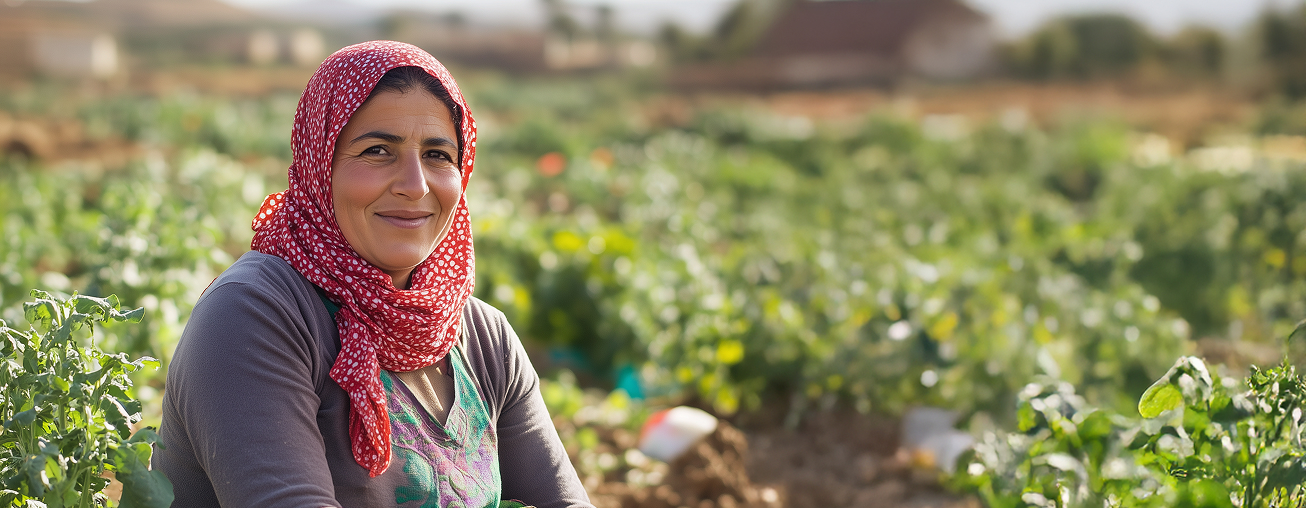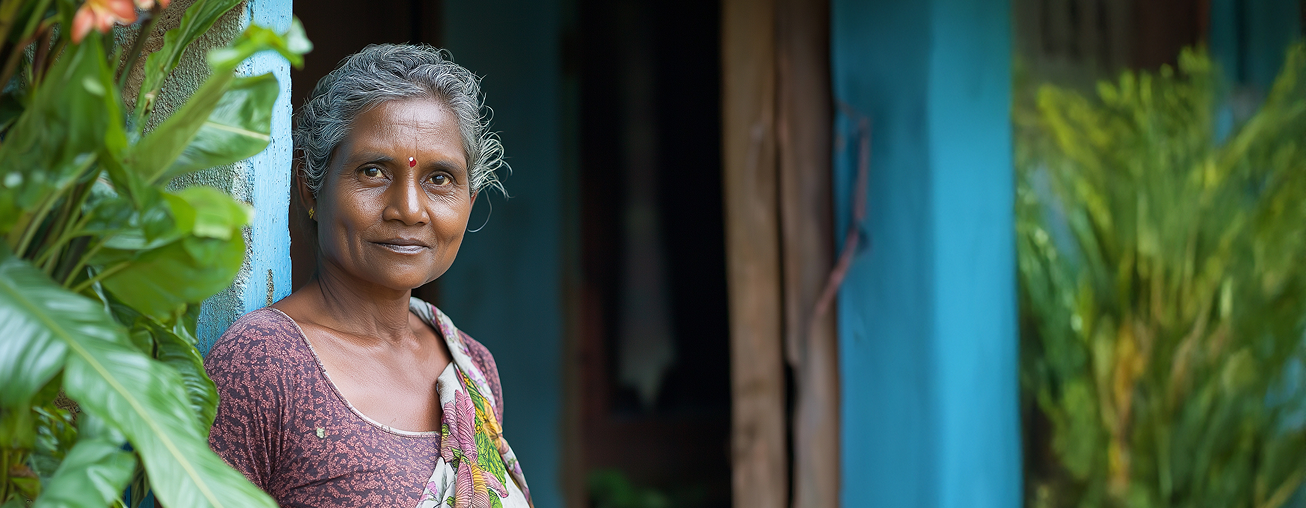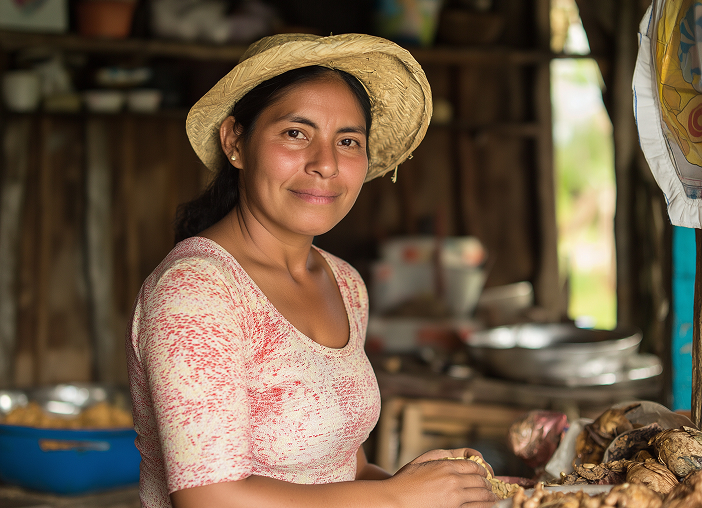
Sustainable Finance
at UNDP
Accelerating finance for the Sustainable Development Goals
FOREWORD
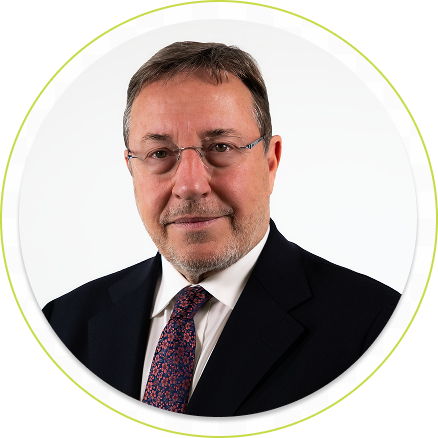
Achim Steiner
Administrator
United Nations Development Programme
In 2015, the world united around the 2030 Agenda and its 17 Sustainable Development Goals (SDGs), a bold promise to end poverty, reduce inequalities, tackle climate change, and protect our shared planet. Yet, with less than five years remaining to meet the 2030 deadline, progress toward ending poverty is not happening fast enough, human development has slowed to a 35-year low while investors and subsidies continue to sustain fossil fuels.
Meanwhile, the financial strain on developing nations is intensifying. Interest payments on debt now exceed 10 per cent of government revenue in 56 developing countries, siphoning funds away from critical sectors such as health and education.
READ MORE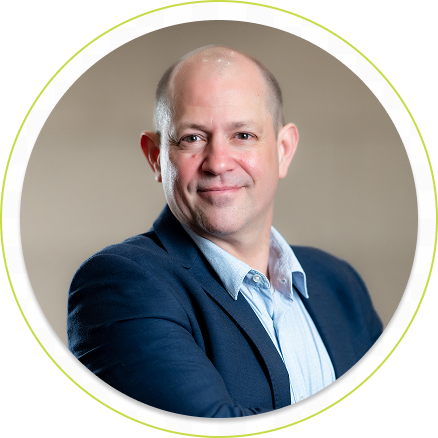
Thomas Beloe
Director
UNDP’s Sustainable Finance Hub
In a world of abundance, scarcity persists where it should not. While our global economy has generated unprecedented wealth, billions still live without basic necessities like clean water, adequate food, quality education, and essential health care. This profound disconnect lies at the heart of our mission at UNDP’s Sustainable Finance Hub.
The issue is not a lack of resources. Global wealth exceeds US$450 trillion, while the financing gap for achieving the Sustainable Development Goals (SDGs) stands at $4.3 trillion annually – less than one percent of that wealth. What we face is a matter of priorities, systems, and political will.
READ MOREINTRODUCTION
The current financial system–emphasizing shareholder profits over social and environmental sustainability–has created vast inequalities and environmental degradation on a scale unseen in human history. The perfect storm of climate, economic and debt crisis has reached a tipping point as trust in governments and global institutions breaks down. The resulting fiscal crises, spiralling debt levels, opaque tax systems, and gaps between national budgets and public expenditures necessitate an urgent rethink of global financial systems and the benefits they confer.
At the same time, governments and private-sector actors have made enormous progress adopting greener, socially equitable and more sustainable practices. Despite flagging commitment to formal global compacts for achieving the SDGs, climate and environment targets, there is no going back to unsustainable financial models that concentrate wealth in the hands of a few while neglecting the majority of people and the ecosystems on which our lives depend.
Read More
countries where UNDP WORKS ON Sustainable Finance
Disclaimer:
The designations employed and the presentation of material on this map do not imply the expression of any opinion whatsoever on the part of the Secretariat of the United Nations or UNDP concerning the legal status of any country, territory, city or area or its authorities, or concerning the delimitation of its frontiers or boundaries.
BRIDGING THE FINANCING GAP
In line with the Fourth International Conference on Financing for Development (FFD4) hosted by Spain in summer 2025, UNDP is leading an expanded agenda for change, involving governments, development and finance institutions in reforming the global sustainable finance architecture. This includes supporting the issuance of SDG-aligned bonds, channeling taxation to SDG investments, building bankable pipelines of SDG-linked projects (and measuring their impacts), and reducing the risk of SDG investments.
By using our expertise and funds to leverage financing for sustainable development – and advocating for our partners to do the same – UNDP is reshaping both the global development and financing landscapes. Through the G20 Sustainable Finance Working Group, the Task Force on Inequality and Social-related Financial Disclosures, and other global partnerships, we are working to solve some of the toughest challenges the world is facing right now.
Integrated National Financing Frameworks
The Addis Ababa Action Agenda committed United Nations Member States to enhance global economic governance towards a more inclusive and accessible international architecture for sustainable development. This agenda is built on the foundation of nationally owned sustainable development strategies, supported by integrated national financing frameworks. These frameworks enable countries to strengthen financial planning and strategies for mobilizing both public and private finance.
Read morePrivate Finance for the SDGs
Private finance is essential to closing the $4.2 trillion annual SDG financing gap. Yet mobilizing capital to meet sustainability targets requires more than just investment.
Read morePublic Finance for the SDGs
Domestic revenue mobilization is fundamental for enabling investments in health, education, and other development priorities – strengthening the social contract and building trust between citizens and governments.
Read moreInsurance and Risk Finance
Insurance is a powerful driver of economic growth. It helps governments, households, and businesses manage risks, and absorbs the financial impact when these risks turn into shocks.
Read moreSDG Finance Academy
The SDG Finance Academy shares UNDP’s expertise on financing the SDGs with finance and development practitioners worldwide.
Read moreREGIONAL HIGHLIGHTS
GLOBAL LEADERSHIP
With its partners, UNDP is working to minimize the inequalities, debt burden, and climate impacts that exacerbate conflict and destroy ecosystems. On the road to 2030, UNDP is looking beyond its $1 trillion ambition to mobilize financing for the SDGs, Nationally Determined Contributions and National Biodiversity Strategies and Action Plans.
Our experts are catalysing official development assistance by bringing in new sources of financing, including from the private sector, de-risking these investments, and creating enabling policy environments for sustainable investments to bear fruit.
We are also sharing this knowledge through the SDG Finance Academy – empowering governments, financial institutions and other partners, so that we can together bring the enormous pool of global wealth to finance sustainable development in emerging markets.
Building trust in governance through transparent and accountable public finance – and creating an enabling environment for private investment – are essential for building peace, resilience, and equality while protecting the natural resources upon which all life depends.
Across all UNDP’s areas of work, we have stepped up our efforts to mobilize long-term investments in good governance, resilience and peacebuilding in crisis and fragile contexts, facilitating a just transition to green energy and supporting public finance systems that benefit all.
Through global partnerships such as the G20 Sustainable Finance Working Group, the Financial Centres for Sustainability (FC4S), and the Sustainable Insurance Forum, we are engaging with a range of actors to find workable solutions for countries to finance their sustainability targets.
UNDP commits to foster deeper collaboration among global partners through international policy forums such as FFD4, towards a sustainable finance architecture that leaves no one behind.
